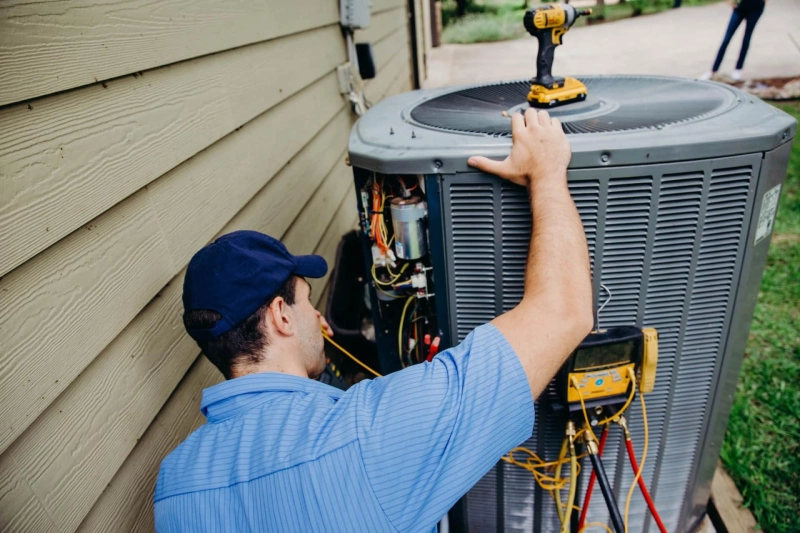Your HVAC system is susceptible to different types of damages during heavy rainfalls. Water can enter the system through the air vents, and if it's a high-pressure storm, it can even push water into the unit itself. This can cause short circuits, motor overload, and water damage to the internal parts of the unit.
In addition, if the roof is not properly waterproofed or if there are any leaks in the roof, that water can eventually find its way into the HVAC system. This may cause extensive rust and damage to the metal parts of the unit, and may also lead to old growth. There are very high chances that you might need HVAC Repair Fort Lauderdale services in that case.
Tips for Protecting Your HVAC From Rainfall
There are a few things you can do to help protect your HVAC system from rainfall.
First, make sure your unit is properly elevated in order to keep the water from pooling around it and potentially damaging sensitive components. If your unit isn't elevated, you can try using a waterproof tarp or cover to protect it from the rain.Clogged gutters can cause water to back up and spill over onto your HVAC system. And if water gets into the system, it can cause serious damage to the machine. Therefore, it is advised to keep the gutters and drains clear of debris.Finally, be sure to check on your system regularly and take actions as needed. If you see any signs of damage or moisture accumulation, call a technician right away. Waiting too long could result in costly repairs down the road.Steps to Take in the Event of Flooding
If your area is at-risk for flooding, and you know heavy rainfall is on the way, you can take proactive steps to protect your HVAC system.
First and foremost, turn off the power to the unit. This will prevent any electrical shock hazards or fires that may result from a short circuit in the system.You should also remove any excess moisture from around the unit. If you have a sump pump available, use it to move water away from the HVAC system and towards an area where it can drain safely.If your system is already showing signs of flood damage, such as standing water near or around it, make sure to shut off the power immediately and call an experienced HVAC technician right away. They’ll be able to inspect the damage and repair or replace any parts that were affected by flooding.Additional Tips on How to Protect HVAC Systems Against Rainfalls
Keep your unit covered when it is not in use.Keep an eye on the weather report and take necessary steps to protect your unit when severe weather is expected.Inspect your unit for damage after heavy rains.Keep the power turned off to your unit until it's safe to turn it back on.Have your HVAC serviced annually by professionals.

